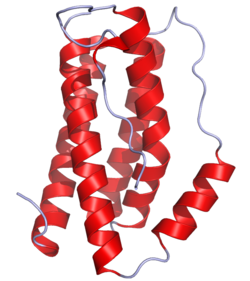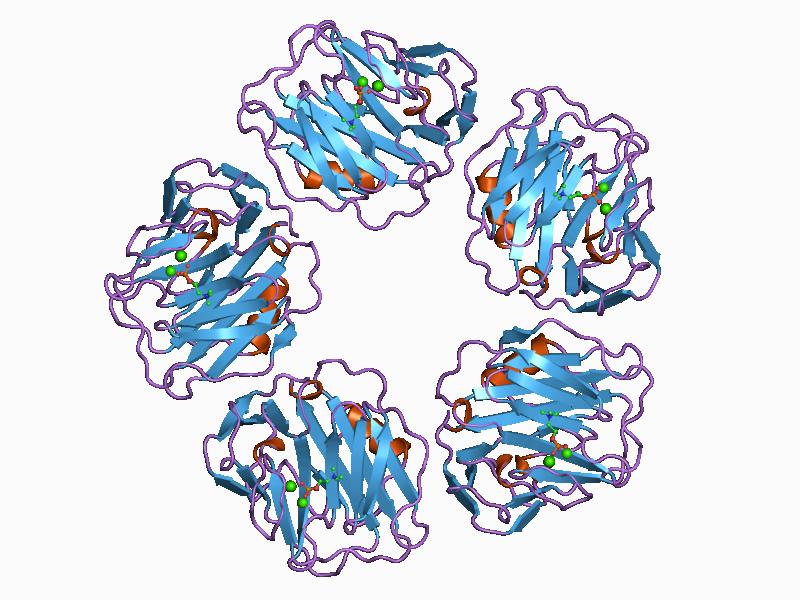IL-6 and CRP
Inflammatory biomarkers such as interleukin 6 (IL-6) and C-reactive proteins (CRP) have been found to be elevated in setting of atrial fibrillation.


Inflammation likely plays a role in initiation and perpetuation of AFIB. Tissue analysis of the left atrium in patients with AFIB has shown signs of inflammation.
Inflammatory markers have been shown to increase the risk of cardiovascular events in the ABC study. In addition to blood flow stasis inflammation may play a role in AFIB associated stroke.
Steroids, which are potent anti inflammatory drugs have been shown to reduce recurrence of AFIB. Similarly, statins have been shown to reduce AF recurrence in a small study.
Uric acid
Elevated serum uric acid levels have been associated with higher risk of developing AFIB. Alcohol and red meat seem to be the worst offenders in raising uric acid levels. While plant-based foods contain purines, which is the source of uric acid in diet, they do not seem to raise uric acid levels (or raise the risk of gout).
Markers of oxidative stress
Aminothiols (cysteine, glutathione and their disulfides) were measured. A 10% increase in these markers predicted a 40% increase in prevalence of AFIB.
So far, antioxidant vitamins (A, C, B complex, E) have not shown to be effective in reducing AFIB.
I will leave you with some questions: